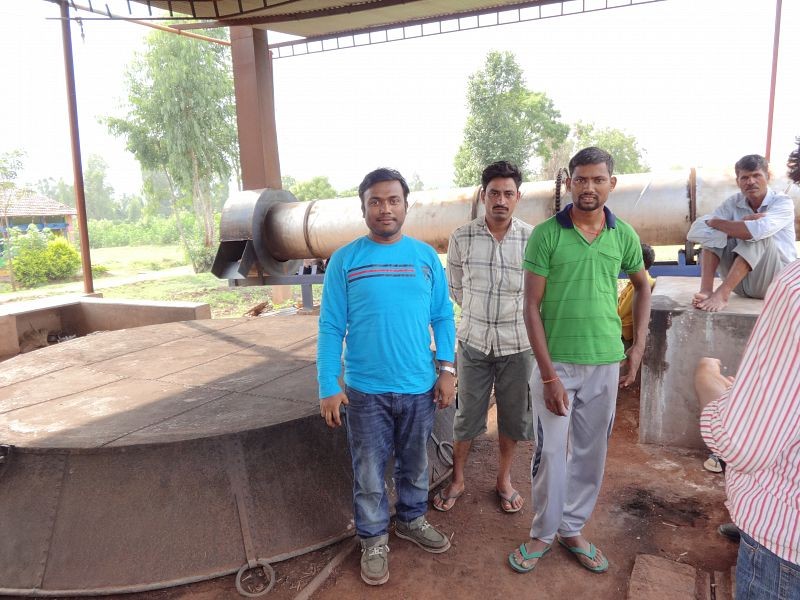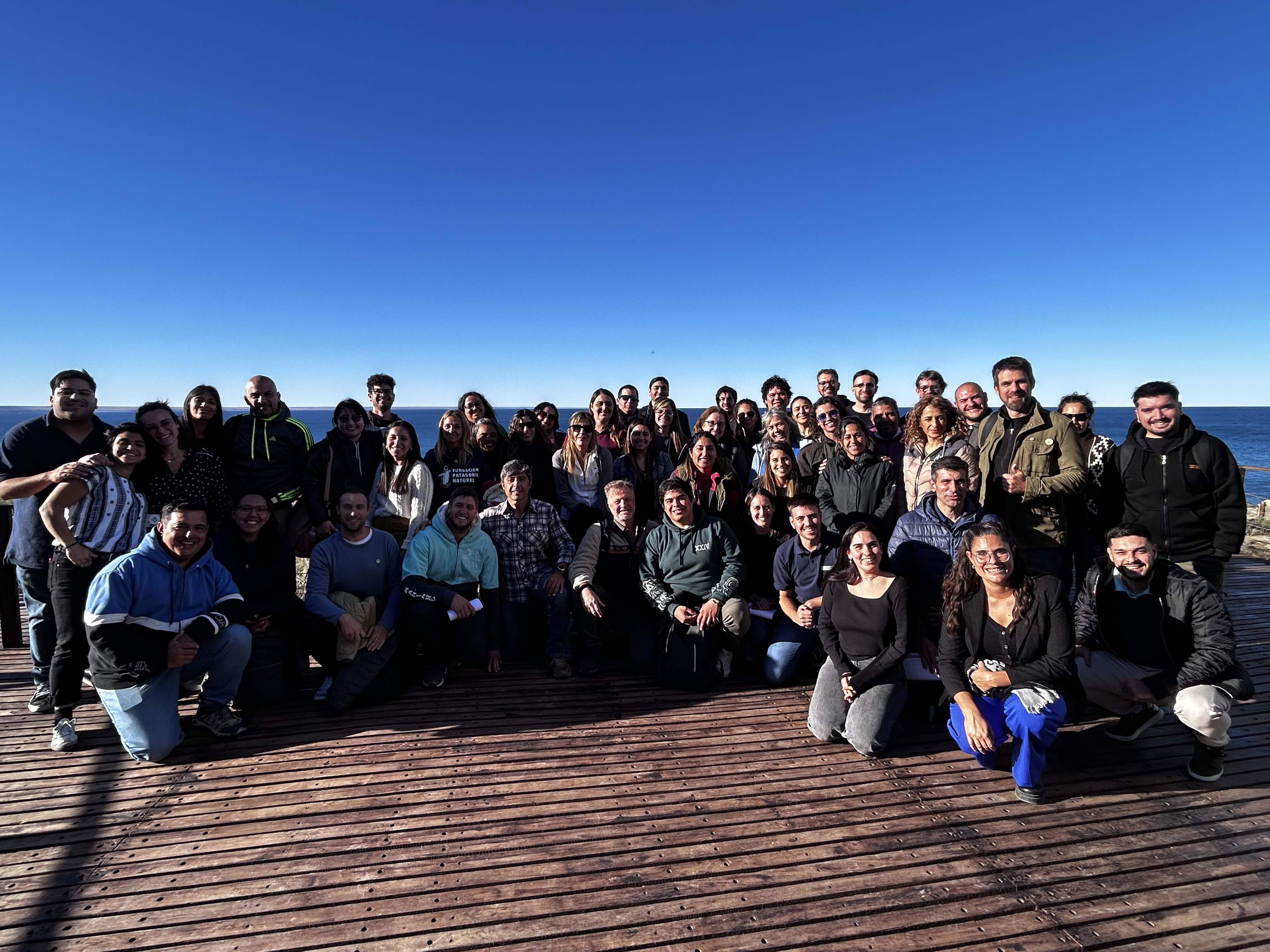More than 45 teachers from 15 schools in Chubut Province, Argentina, participated in the first training to launch our newest capacity building partnership: the YouthEnergy project.
Biomass Energy for Sugar Production in Karnataka, India
During the first phase, a location for the project was selected in Belgaum district, Karnataka, which is one of the most important sugar cane growing districts in India with many entrepreneurs. Following a feasibility study, TERI raised awareness and sought interaction with farmers regarding the proposed project approach before choosing four entrepreneurs who will now jointly adopt the biomass gasification technology at one production unit.
A so-called “Common Facility Centre” will be formed: one of the four entrepreneurs will be the lead entrepreneur, providing his jaggery production site for the implementation of the project, and the other three will jointly operate and manage the plant and also contribute technical equipment. Technical aspects of the new facility are currently being worked on by the four partners in cooperation with local partner Phoenix Products.
Overall, the project aims to foster confidence among local jaggery producers in this new technology, which will not only improve the working environment but also result in financial gains.
Further general information is available on our SEPS project page and photographs illustrating the current progress of the project are on the WISIONS Facebook page.


